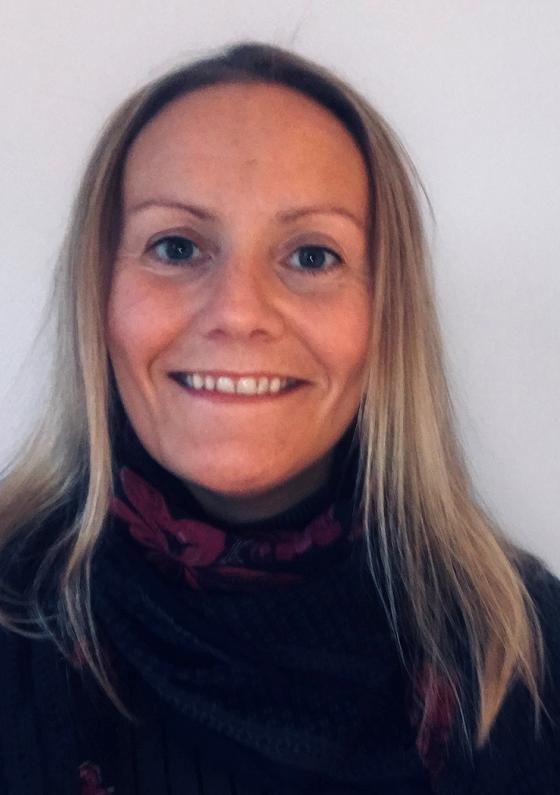Heide disputerer for ph.d.-graden i helsevitenskap og vil offentlig forsvare avhandlingen:
“Human platelet antigen (HPA)-1a alloimmunization - Why only blame it on the platelets?”

Avhandlingen er tilgjengelig her! / The doctoral thesis is available here!
På grunn av koronautbruddet vil disputasen bli strømmet . Opptak av disputasen vil være tilgjengelig i en måned.
The defense will be streamed because of the corona outbreak. A recording of the disputation will be available for one month.
Prøveforelesning over oppgitt emne starter kl. 10.15/ The trail lecture starts at 10.15
Tittel/Title: “Prospects for curing severe haemolytic disease of the fetus and newborn by blocking maternal FcRn with Nipocalimab, reducing IgG in mother and fetus”
Prøveforelesningen strømmes her / The trail lecture will be streamed here
Disputasen starter kl. 12.15 / The defense starts at 12.15
Disputasen strømmes her / The defense will be streamed here
De som ønsker å opponere ex auditorio kan sende e-post til leder av disputasen (gerd.berge@uit.no). Opponents ex auditorio should sign up to leader of defense by e-mail (gerd.berge@uit.no).
Populærvitenskapelig sammendrag av avhandlingen/ Summary of the thesis:
Mothers do sometimes make antibodies against fetal or placental proteins in pregnancy. The target in HPA-1a immunization is a foreign protein, HPA-1a, on fetal platelets. Antibodies cross the placenta, bind platelets, and cause low platelet numbers in the fetus or newborn child. In severe cases may intracranial hemorrhage occur.
We show that the gene-combination DR3-DQ2 increases the prevalence of immunization. In flow cytometry, we find HPA-1a on vesicles from fetal cells in pregnant maternal blood, that seems to be of placental origin. By isolating HPA-1a from a placental cell line, we show that HPA-1a from placenta activate specific immune cells in the same way as HPA-1a from platelets. In the lab, anti-HPA-1a antibodies also inhibit adhesion and migration of the same cell line, suggesting that they may pose the same effect on the development of placenta.
Our work is important to more precisely detect women at risk, and to decide when and how to treat women under risk.
Veiledere/ Supervisors:
Hovedveileder/Main supervisor:
Tor Brynjar Stuge, Institutt for medisinsk biologi, Det helsevitenskapelige fakultet, UiT Norges arktiske universitet
Biveiledere/supervisors:
Forsker Maria Therese Ahlen, UNN, Institutt for medisinsk biologi, UiT Norges arktiske universitet
Professor Anne Husebekk, UiT Norges arktiske universitet
Bedømmelseskomité/Defensecomitee:
Associate professor Eduardo Muñiz-Diaz, Faculty of Medicine, The Autonomous of Barcelona, Spain – 1. Opponent
PhD Belinda Kumpel, Bristol Institute for Transfusion Sciences, International Blood Group Reference Laboratory, NHS Blood and transplant, Bristol, UK - 2. opponent
Forsker Hege Lynum Pedersen, Institutt for medisinsk biologi, Det helsevitenskapelige fakultet, UiT Norges arktiske universitet – leder av komité
Disputasleder/ Leader of defense:
Førsteamanuensis Gerd Berge, Institutt for medisinsk biologi, Det helsevitenskapelige fakultet, UiT Norges arktiske universitet